I love America more than any other country in this world, and, exactly for this reason, I insist on the right to criticize her perpetually.
— James Baldwin
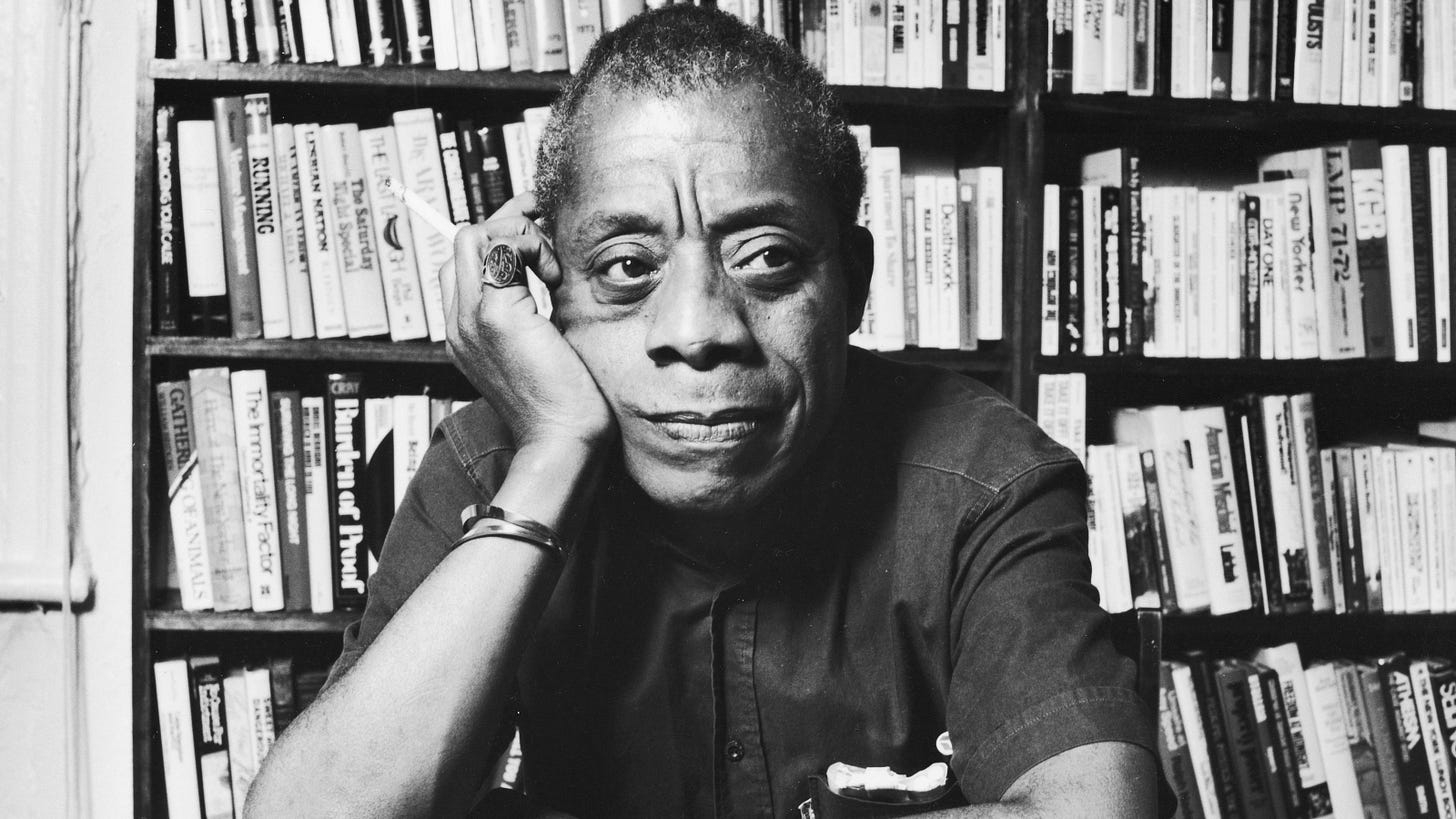
I believe we find the truest embodiment of the American Dream — in the soul of black people in this country.
The belief we can work our way to equality, praise, and understanding.
It is in this belief that there is a false comfort. We design a new reality. Around work and achievement as our salvation.
On constant display to show that we are truly exceptional. Whether that is your parents making you perform at the family barbecue or walking into your 20th venture pitch within a week…
From an early age we are conditioned for the stage of what it means to be black.
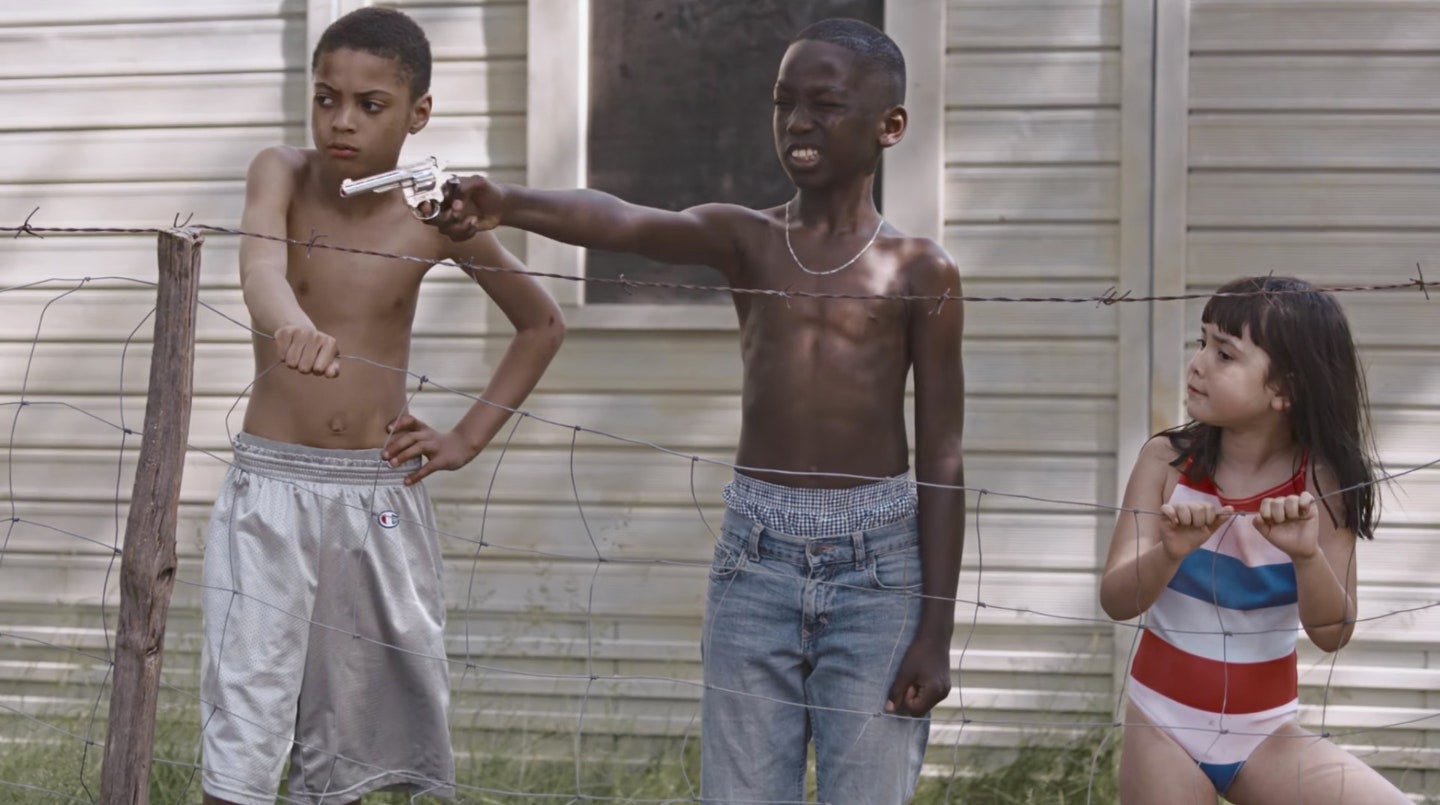
Be leery bout your place in the world
You're feeling like you're chasing the world
You're leaving not a trace in the world
But you're facing the worldWeary by Solange
I would say I grew up in the Poconos, somewhat sheltered from my own blackness. I knew blackness as my family, some friends, and beautiful role models. Not as otherness. The otherness would be told to me, in pieces.
The first time I was told about my blackness was in kindergarten. When my crush came to class and said “my mom said we can’t date because you’re black.” My young naiveness responded “that’s weird because my mom is white and my dad is black.”
For the record, my mom isn’t white. She’s Dominican. Just a light-skinned. My father would correct this mistake swiftly (you can laugh here, it’s funny).
The next identifiable moment of being told I was black would come continually on the golf course. I grew up playing competitive golf since the age of 5. Tiger Woods was everything to me. During the summer I would essentially live on the golf course.
Once I was in 8th grade, I played on a summer tour in Lehigh Valley. As the only black kid on tour, I stood out in every way. From my peers on tour it was truly, all love. Perhaps because it’s always been cool to hang out with the token. From the eyes of youth, perhaps they truly saw me as one of them. It certainly felt that way at the time, I certainly behaved that way at the time. My blackness was rarely a subject between my peers on tour. But it was consistently a reminder from the space itself. From the older members of the country clubs I competed at. Mostly looks, and only once called a nigger.
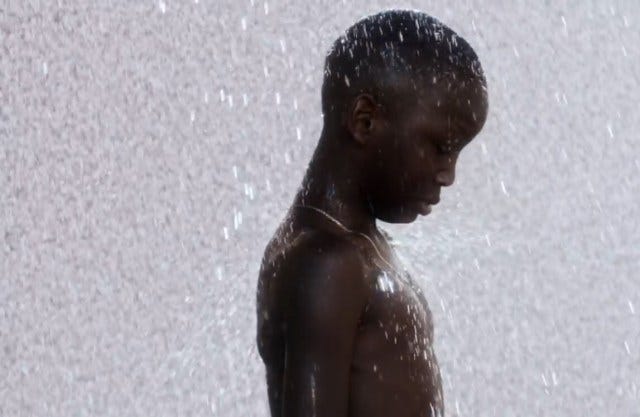
A while ago I was reminiscing with a friend from high school about our gifted & AP class. How diverse it was in racial, gender, and 1st generation composition. It would be here again that excellence for the sake of progression would be celebrated and pushed amongst friends. Truly believing, despite our older peers, that we could have multiple classmates within the same year go on to Ivy’s. That we would win every award across our district. And we would achieve all of these things together.
It was both so obvious and natural to us. As we went to state competitions and national conferences, looking like a college brochure… that this is how it should work. This is what separated us, from our peers at school. Why we would achieve everything we said we would achieve. That we were different, it was written all over us. I had written it all over myself.
And — not speaking for my classmates — it should have been obvious how naive I still was at the time.
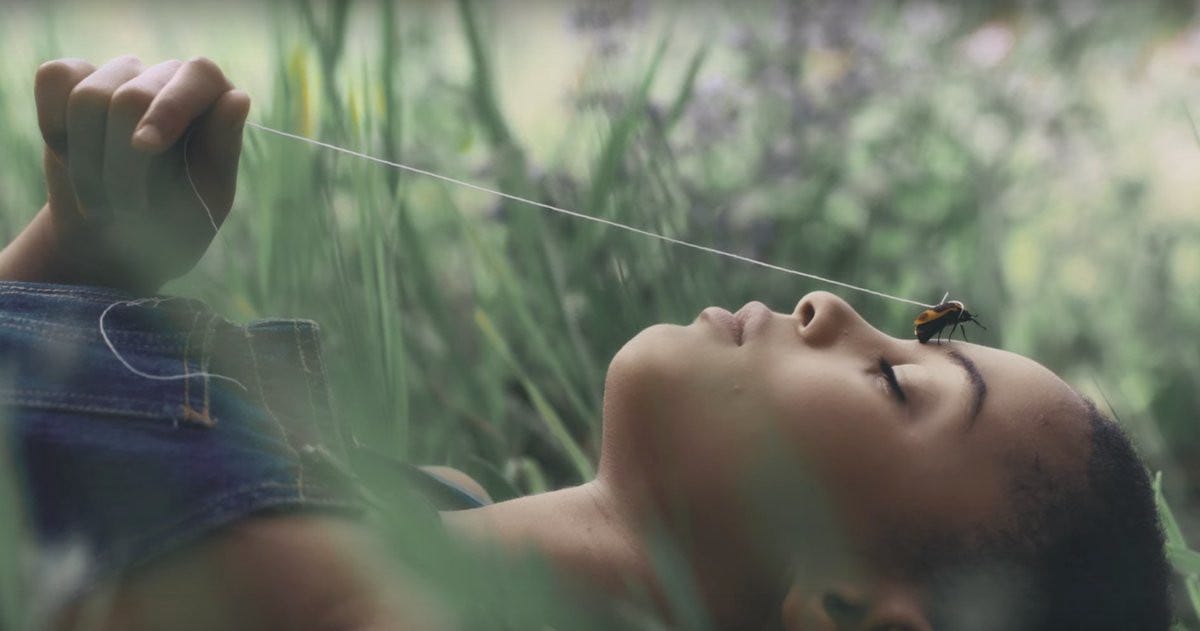
I remember the night I got accepted into Wharton early decision. I had come home from a Georgetown interview. It was December 12, 2012. 12/12/12.
I sobbed. Because I had proven it to everyone. That it all paid off.
Something I didn’t necessarily appreciate at the time, but realize how instrumental it was to my adolescence — was that my parents never said I couldn’t do something. I think because of this, I don’t have memories of feeling uncomfortable in spaces I walked in.
Getting to Penn was biggest test in this upbringing. It wouldn’t be until after my sophomore year, after my finance internship in which I learned I hated finance — that I realized I valued something different. I wasn’t sure what it was, it was incredibly unclear at the time. But it started me towards something else. And concurrently for the first time ever, I doubted who I was.
I would design my own major going into junior year. Get introduced to tech and Peter Boyce at General Catalyst… and many other wonderful moments that directed me to where I am right now.
But in the spring of junior year, I had a very new experience in being reminded of my blackness.
After a party, my girlfriend and I were getting into an argument while walking to my apartment. It wasn’t too late into the night and we were essentially on campus. When we had turned a corner I was stopped by two police officers, and then out of no where was circled by 4 more.
I realized in that moment, wearing a black tee and black jeans… that I wasn’t anything but a black man surrounded by 6 police officers. Getting asked questions about a disturbance I was supposedly causing. That they were called because a young woman was crying loudly. It was peacefully resolved, I walked back to my apartment with my girlfriend in shock. She was now crying for completely different reasons.
Side note: if you’ve ever partied at Penn on a weekend, there are young women drunkenly crying all the time. (you can laugh here too)

I’ve only had two full time positions at companies since graduating from Penn, not tied to building my own products. My time at JUMP Bikes being the longest one.
It was at JUMP that I would be reminded of my blackness in both obvious and nuanced ways. My manager criticizing how I talked through my work, not the work itself. Calling me entitled for pushing for certain projects. Being the youngest employee on the team, and the only black employee not tied to local operations (bike mechanics, pick ups, etc) — this presented other quieter challenges. But the loudest moment came when a white designer said nigga rapping along with music playing.
I looked around to see if anyone else had heard what I had just heard… I would leave two weeks after that incident to join Dreams. My last stint before teaming up with Luca on Eternal.
I return to my JUMP experience a lot, because in every way it was what I was used to. Being the youngest, blackest person in every room I entered. Speaking out and pushing for what I wanted to achieve. Yet, nothing seemed to go right for me there.
For the first time it wasn’t a reminder from the world that I was indeed black, or my safety coming into question — but instead an active block to be excellent.
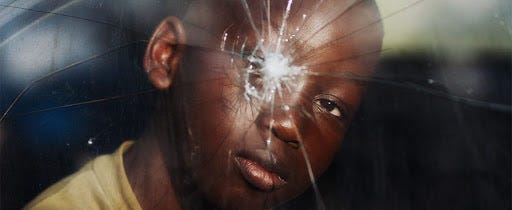
The double edge sword of black excellence is the understanding that to be great you must believe you are different, but in believing you are different you create an otherness not only from the crowd but at times communal blackness.
This is just a piece of the racial trauma that is woven into this country. So often to achieve while black, is to also stand alone while black.
But to stand alone while black, in America… is to be in danger.
Your excellence does not save you here. And the idea of excellence in the presence of hatred and injustice, does not always weather the storm.
I love being black.
I noticed I’ve grown somewhat numb to these injustices… and in recognizing that, I’ve been allowing myself to feel the pain again. The events of the past several days have led me through pain, and reflection.
I thank you deeply for spending time reading some of my reflection.
If we haven’t talked in a while, know that I love you.
I don’t do edits really, so excuse typos and things that don’t make sense.
Thanks so much for giving me your attention. I hope it was worth it, if not… unsubscribing will not hurt my feelings, and will give you back time you literally cannot have back.
Much love.
Image Credits:
1 — James Baldwin
2-6 — All pulled from Kendrick Lamar’s music video “Element”


